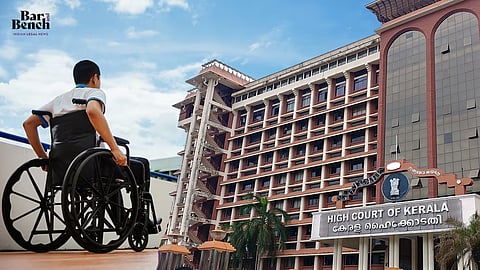The Kerala High Court recently issued directions to the Travancore, Cochin, Malabar and Guruvayoor Devaswom Boards to take steps to ensure accessibility for disabled devotees in temples and to evaluate allowing wheelchair access inside temple premises [Suo Motu v State of Kerala & ors].

